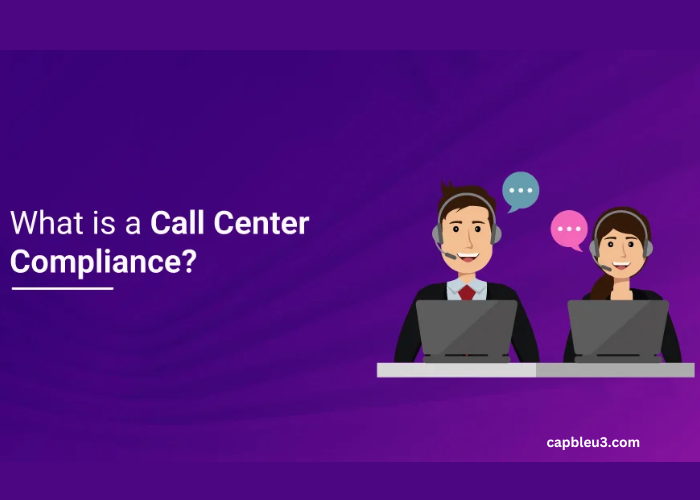
Call center operations call for a suitable and well-analyzed approach that appeases the customer. This approach requires the employees to think well after receiving a call, it builds the trust the customer has in the organization. The entire world of customer service has changed significantly, and the methods typically associated with quality assurance are today not applicable.
Creating a Foundation of Excellence
The call center leadership practice has evolved. Real-time monitoring is today an important practice of a call center in improving performance in trends analysis and tracking of data, coupled with active coaching to make sure that everyone rises to the occasion of representing the organization at the highest level when dealing with a customer. This proactive approach makes it possible to outline improvement areas while maintaining consistency in the delivery of services on all channels.
Embracing Technology-Driven Solutions
Modern best practices in call center quality assurance employ artificial intelligence and automated tools to audit every single call, rather than only a sample. This full coverage makes sure no important conversations get missed while also giving valuable information on agent performance and customer satisfaction trends.
Key Components of Effective QA Programs
Implementing effective call center quality assurance best practices requires several essential components. Continuous performance monitoring helps identify trends and address issues before they become systemic problems. This proactive approach allows supervisors to provide timely feedback and coaching when it matters most.
Objective performance indicators or KPIs are closely linked to objective decision-making and these are essential in evaluating the performance. Key indicators include the rate of first-call resolution, customer satisfaction, and compliance rates. The interactivity partly eliminates the post-interactivity necessity for agents to wait for their calls to improve.
Building Agent Confidence Through Support
A well-structured QA program following proven call center quality assurance best practices doesn’t just enforce standards – it empowers agents to excel. By providing clear guidelines, ongoing training, and supportive coaching, agents develop the confidence to handle complex customer interactions effectively.
Creating Strong Support Systems
Certainly, these twin-pronged performance evaluation programs are anchored on agent training and development which are key elements of the quality assurance programs. Goal settings and expectation settings are planned to assist agents achieve their objectives and accomplishing targets while rewarding agents who exceed allowable limits also spurs high performance. Implementation of strong support systems enhances service rendering across the spectrum.
The Impact on Customer Trust
When customers know they can rely on consistent, high-quality service, they develop deeper trust in the organization. This trust translates into increased loyalty, positive word-of-mouth, and stronger business relationships. Modern QA practices ensure consistent customer experiences across all interactions while enabling rapid resolution of customer issues. Professional and knowledgeable service delivery, combined with strict compliance adherence, creates a foundation for lasting customer relationships.
Conclusion
In a fast-paced business environment, every business is expected to go an extra mile in ensuring high quality – a statement which makes restraint in implementation of quality assurance programs a recipe for disaster. Custom satisfaction or even growth, can only be achieved through a process of robust monitoring, gap analysis, and professional development of staff.